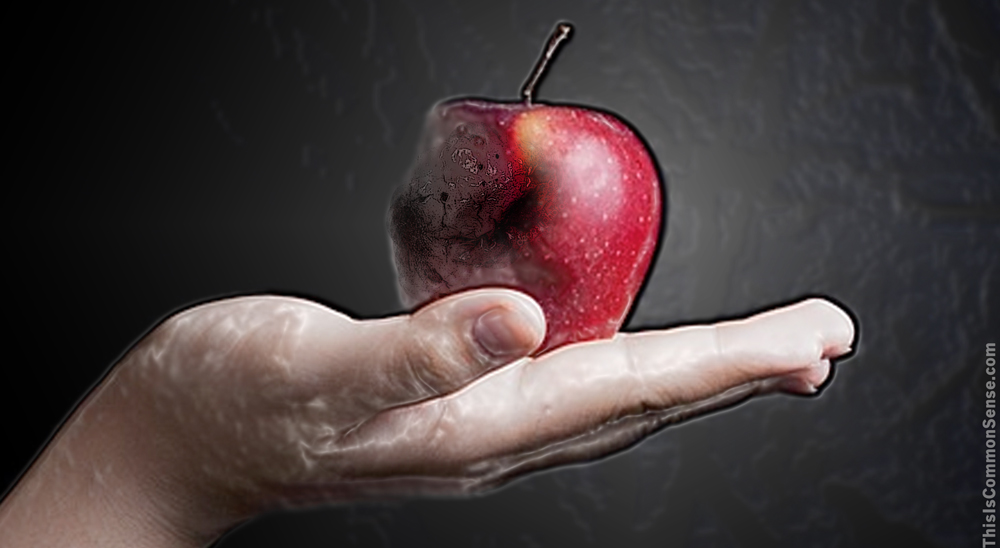If, like me, you expect people to bear the bulk of the brunt of their own decisions, big ticket court rulings often strike you as bizarre.
Case in point? “Drugmaker Johnson & Johnson must pay $572m (£468m) for its part in fuelling Oklahoma’s opioid addiction crisis, a judge in the US state has ruled,” reads a BBC report.
“During Oklahoma’s seven-week non-jury trial,” the BBC informs, “lawyers for the state argued that Johnson & Johnson carried out a years-long marketing campaign that minimised the addictive painkillers’ risks and promoted their benefits.”
A certain credulity boundary has been stretched, here:
- Don’t all ads stress selling points over . . . non-selling points?
- Doesn’t everyone know this, and, therefore,
- Shouldn’t they be expected to adjust — caveat emptor-wise — accordingly?
- And doesn’t everyone know painkillers are dangerous, and opiates notoriously so?
“The state’s lawyers had called Johnson & Johnson an opioid ‘kingpin,’” the report continues, “and argued that its marketing efforts created a public nuisance as doctors over-prescribed the drugs, leading to a surge in overdose deaths in Oklahoma.”
The public nuisance biz is idiotic, of course. If the company had been slipping its drugs to kids on a playground, something like this would have some plausibility. But the actual situation? Nope.*
Shifting responsibility from self to others, especially deeply pocketed others, has many bad consequences . . . not least of which is deflection of our attention away from why opioid use is up. Which is something we should be looking into for our friends’, families’, and neighbors’ sakes.
Lawyers are our tempters, in such cases.
And monetary awards can sure be addicting.
This is Common Sense. I’m Paul Jacob.
* Johnson & Johnson is appealing the decision, of course.

Photo by Max Pixel
—
See all recent commentary
(simplified and organized)


